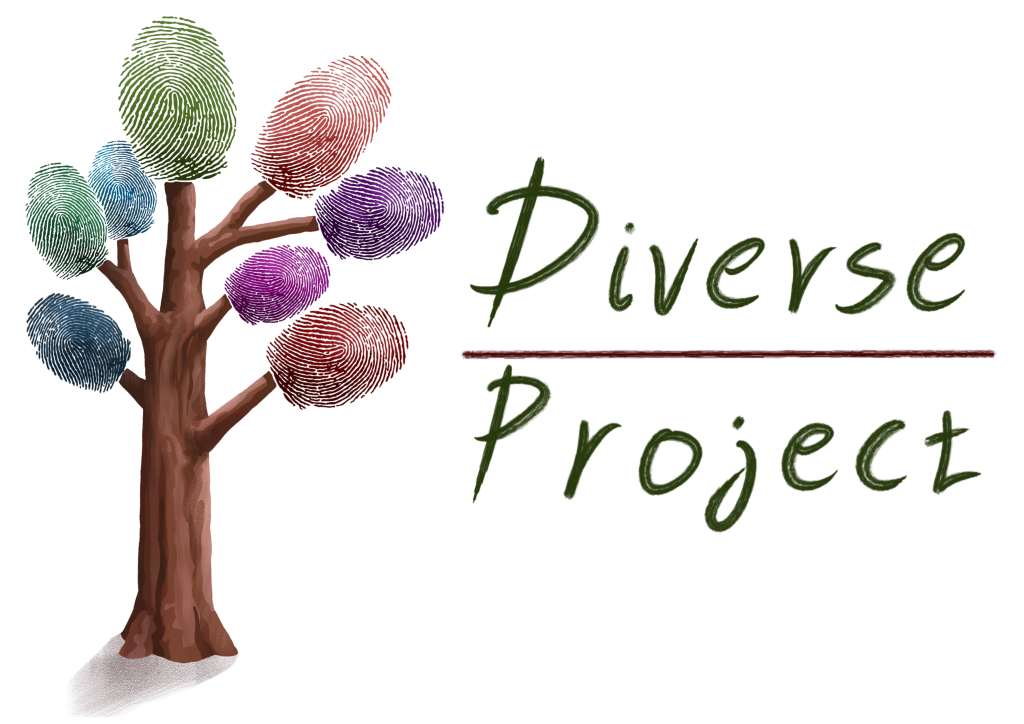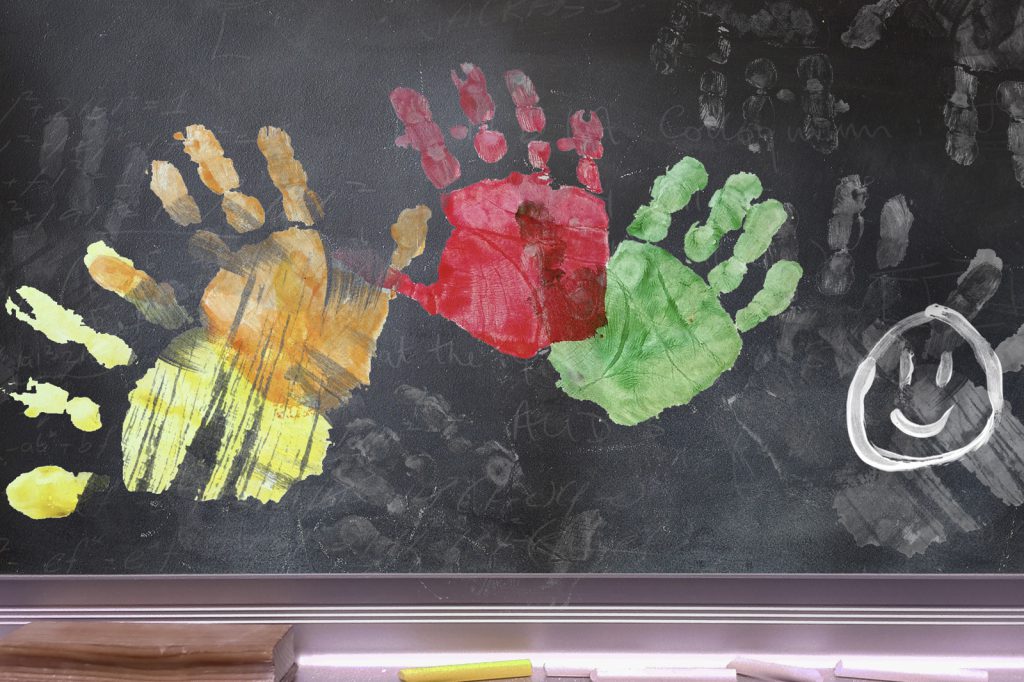
The main objective of the project was to improve the management of diversity in the classroom and especially in classrooms with an increased number of children with refugee/ migrant or minority background in their school environment.
The first specific objective of the project was to support teachers and educators that are teaching in multicultural schools (school with an increased number of children with refugee/ migrant/ minority background) to develop their skills in order to promote effectively in the classroom. The second specific objective was the improvement of the social inclusion of children with refugee/ migrant or minority background in their classroom and in the society more generally. The project focused both in elementary and secondary schools.

The improvement of teachers’ intercultural competences, including valuing and adapting to diversity as well as being culturally self-aware are key to effectively teaching diverse pupils (European Commission 2015b). The report suggests also that:
- Preparing teachers for diversity implies promoting their knowledge and a better understanding of the world and its cultures
- Developing communication competences for diversity emerges from the capacity of teachers to be empathic and reflexive about their own beliefs, cultural and socioeconomic differences
- Promoting and valorizing non-dominant languages (and cultures) can enable pupils with a migrant background to develop and gain recognition of linguistic skills of equal value
The project was based on storytelling, which implies a lot of emotional involvement which allowed teachers and students to understand better the different cultures, and aimed to adapt and upscale three methods of telling a story: Drama in Education, activities based on fairy and folk tales and Digital Storytelling. The training of teachers on how to use these three methods of storytelling in order to promote diversity in their classroom allowed both the improvement of the intercultural competencies of the teachers and the change of attitudes of the whole classroom. This in return contributed to the improvement of the social inclusion of the children from refugee/ migrant/ minority backgrounds.
The main activities of the project were designed in order to provide to the teachers the necessary tools in order to be able to deal with diversity in their classroom and create learning environments that promote the effective social inclusion of all the children in a multicultural classroom.
